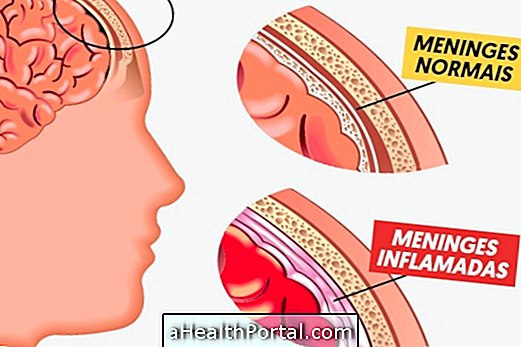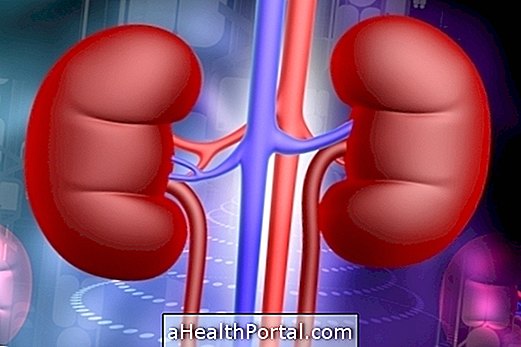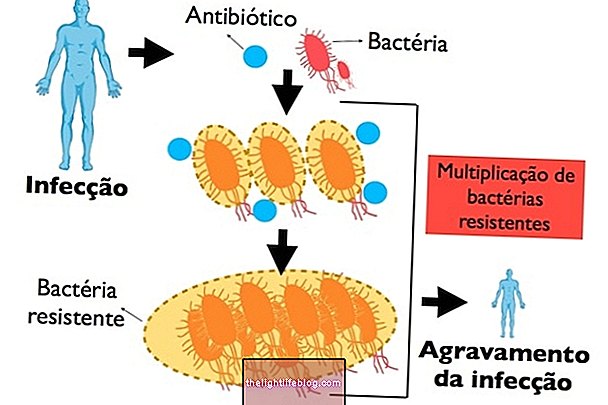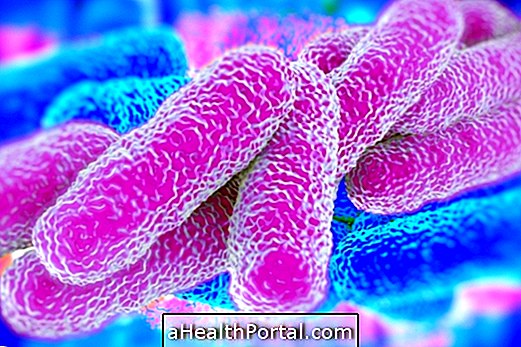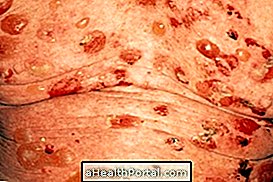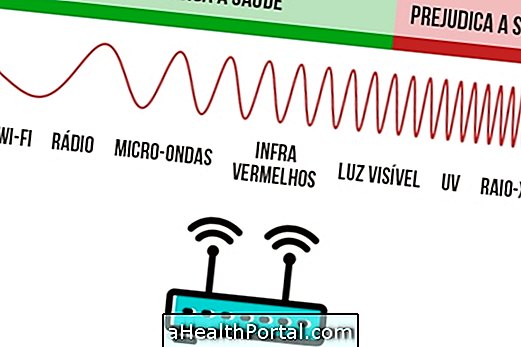Histoplasmosis is a type of ringworm that affects the internal organs, and is caused by a fungus called Histoplasma capsulatum, transmitted by pigeons and bats. It manifests through symptoms such as fever, chills, headaches, difficulty breathing, coughing and chest pain. Your treatment is done with the use of antifungal medications for up to 3 months.
Histoplasmosis may become chronic in patients with AIDS or any other deficiency in the immune system, and may spread to bone marrow, liver, and spleen.
Transmission is also done by inhaling the fungi that are in the environment. The manifestation of symptoms depends on the severity of the disease. Some individuals do not have any symptoms and only find they were exposed to fungi after diagnosis.
The diagnosis is made through laboratory tests, which detect the presence of the fungus in secretions and in affected tissues. Treatment is done with antifungals such as Itraconazole or Amphotericin B, which should be used for 6 to 12 weeks, as directed by your doctor.
